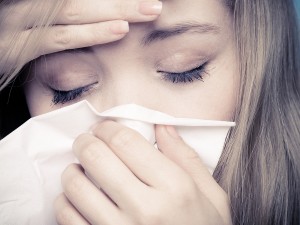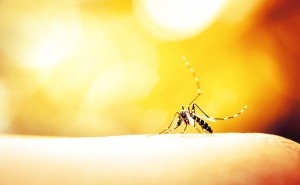 This time of the year provides many avenues for individuals to fall under the weather. Most of the time, individuals struggle with the common cold, but symptoms and states can escalate into scenarios that are far worse. The treatment of these various states can drastically impact not only recovery but prevention of future infections as well. This is dependent on identifying whether a bacteria or a virus is the ultimate cause of the illness.
This time of the year provides many avenues for individuals to fall under the weather. Most of the time, individuals struggle with the common cold, but symptoms and states can escalate into scenarios that are far worse. The treatment of these various states can drastically impact not only recovery but prevention of future infections as well. This is dependent on identifying whether a bacteria or a virus is the ultimate cause of the illness.
Bacterial Infections
As you might be able to guess, bacterial infections are caused by a bacteria. The cause or route of exposure depends on the type of bacteria. For example some bacteria can enter through ingestion (e.g. our food). When an individual is infected with a bacteria, a common symptom might include a high fever. Others symptoms depend on the presenting concern, e.g. if someone has diarrhea, they might experience blood in the diarrhea. From a primary care standpoint, it is important to address bacterial infections with an appropriate antibiotic. However, if the appropriate antibiotic is not chosen, this can lead to bacterial resistance. What this means is that a bacteria fights off the antibiotic and does not respond to the antibiotic in the future as a result. In short, the next time that you have a bacterial infection from the same bacteria, and use the same antibiotic, you will not be able to fight off the bacteria.
Viral Infections
Viral infections are caused by a virus. A virus may have similar presentations to a bacteria, but ultimately can be less aggressive in general. Often, a viral infection will cause a relatively lower increase in temperature when compared to a bacteria. In addition, depending on the viral infection, the sickness caused from it can be self – limiting, meaning that it will go away on its own once it has run its course. This is not the case for all viruses though. As a result, these infections do not need to be treated with antibiotics. Taking an antibiotic when it is not necessary can result in future resistance to antibiotics and cause the treatments to not work when it may be crucial that they do. Regardless, it is important to consult with your medical doctor as to how to best approach any colds, flus, or sicknesses you might have.
Have you benefitted from reading this blog? Know someone that would benefit as well? Share, Like, Comment, or Tweet this article, and let me know what you think.
Some of the information provided above may not be appropriate for everyone, please consult with your doctor before trying any of the above. If you are interested in Naturopathic Medicine and wanting a different approach to your health care needs, contact Dr. Elisha Cook ND by calling 519-537-7058 and book your appointment today!

